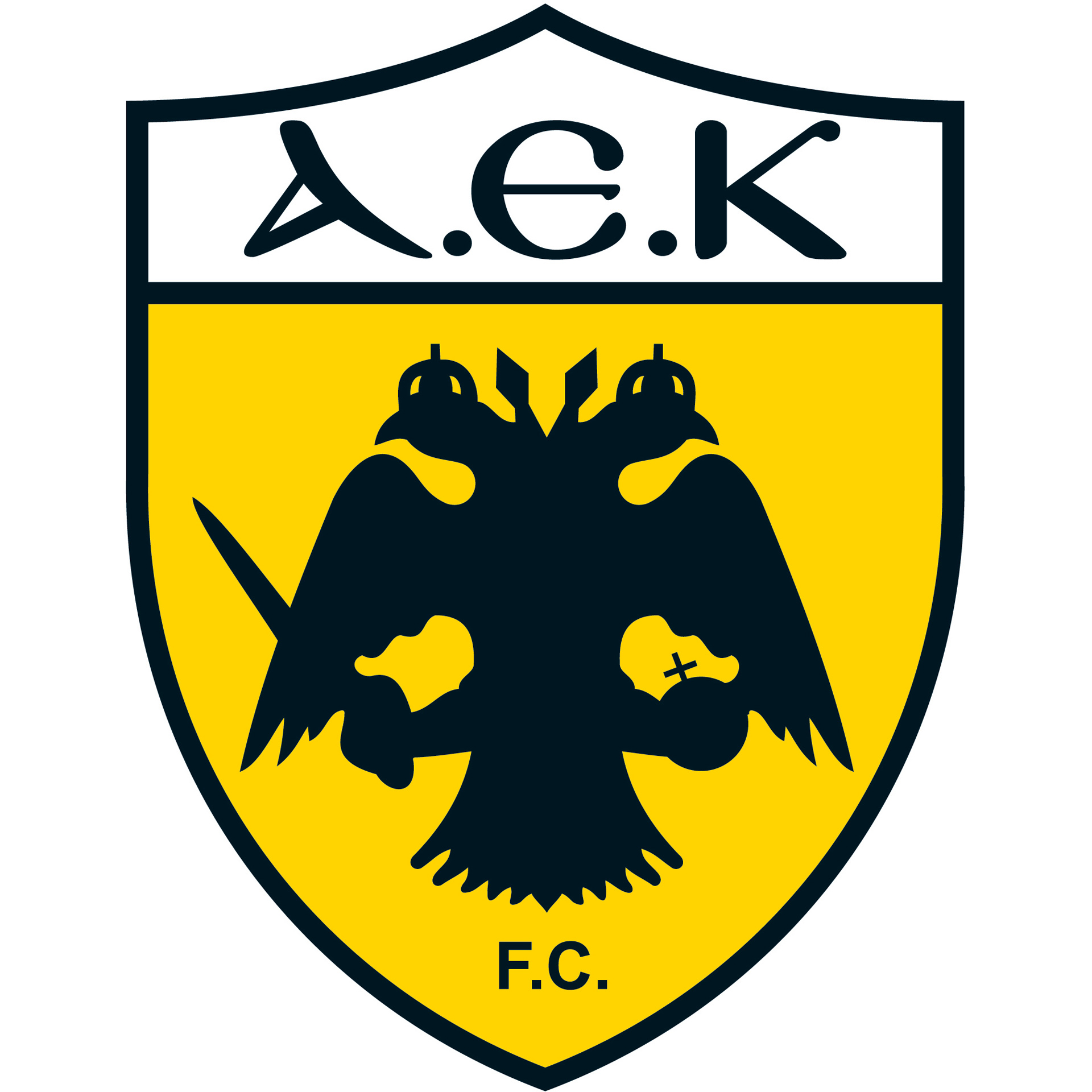Nine EFDN members team up for Welcome Through Football 2021
EFDN Members participating in the Welcome Through Football 2021 project virtually met on 20 January, 10am – 1pm (CET). The project is funded by the European Union and runs for three years from January 2021 to December 2023. Nine partners from six countries – Portugal, Greece, Germany, Netherlands, UK, Belgium – are participating. The programme is targeted at children and young adults between seven and 25 years. The goal is to reach 240 contact hours per club in total by delivering 12×2 sessions of two hours a week. There will also be a multiplier sport event that is designed as a community event to celebrate diversity within communities and to promote social cohesion and integration and disseminate the metodology. It is not only a great opportunity for all participants and their families but also for the partners to discuss and evaluate the project and present the new Welcome Through Football practitioner’s guide.
Introduction of the project partners
Firstly, all project partners introduced themselves and presented their ongoing operations.
Christina Koromila from AEK Athens presented the initiatives of the Greek club which works on a broad range of initiatives in social responsibility. They focus on two pillars, education and health, but also have launched initiatives against poverty, racism and for the support of refugees. Events such as friendly matches between the youth team of the club and refugees, supported by the UN Refugees Agency, are one of the club’s commitments against poverty and social exclusion.
Everton in the Community presented their programmes that focus on health inequalities. They recently calculated their social value and for each pound invested in Everton in the Community, 14.74 pounds of social value are being generated.
Diversity is very important for Werder Bremen, not just because it is a part of Bremen’s identity. Their ‘SPIELRAUM’ project that is offered in six different city districts already applies the methodology used for Welcome Through Football for children from kindergarten to secondary school.
Big Hearts Community Trust works in a very diverse neighbourhood where it has been located already for more than 100 years. The charity is very family-focused working with young people and carers. Their volunteering programme encourages people to join their programme as well. Their five areas of focus are kinship care families, the wellbeing of older people, all cultures in the community, men’s mental health and family living in poverty.
Fundação Benfica currently works on attracting more girls to their projects as their programmes currently only have male participants. Fundação Benfica is already part of another Welcome Through Football project as Werder Bremen and FC Emmen.
FC Emmen is aware of challenges, such as cultural differences and language barriers, and employs a former refugee as a coach who is a role model for the children. There is a focus on clear rules, getting to know each other as participants and trainers and add knowledge about Dutch norms and values to the training. There is a visible positive outcome as at least 30 children participated every week, and three participants have been invited for a training internship of two months at the Emmen youth academy.
Rob Jenkinson from Sheffield United Community Foundation talked about how the Foundation wants to create a healthier, more active, better connected and safer city to live in. Despite Covid-19, the club was able to have contact time on projects with participants. The majority of the project staff are former participants. In line with Sheffield’s status as the UK’s first City of Sanctuary, the mission is to build a culture of welcome, hospitality and inclusiveness right across every sphere and sector of society.
KAA Gent has a big focus on sport for development with six programmes, 14 sessions/week and 350 people/week. The club not only has a sustainable approach, but also an intergenerational and intercultural approach that aims at involving families as well as providing community activities.
Newcastle United Foundation works with a range of employers and engages young people through football by offering weekly street football sessions with employability drop-ins, focusing on social inclusion, confidence & self-esteem, aiming at connecting with others, health and fitness.
Welcome Through Football methodology
Secondly, the Welcome through Football methodology was introduced. Based on Werder Bremen’s methodology, there is a three-step process to fulfill the integration of young refugees into society. The first step is the socialisation to sports by having different football offers for young refugees of both genders (in the binary system of sport) related to their special needs such as language skills or the possibility of trauma. The second step is the socialisation in sports is working on the team structure, giving more responsibility to the participants and offering additional steps beside the sports training sessions. The third step is the socialisation through sports by focusing on the skills of the participants that they learn by taking part in the offers so they qualify for further education in and outside of sports.
Thirdly, the monitoring & evaluation was presented. EFDN and project partners will use the software of M&E partner Upshot. Lastly, the focus was on finance and reporting.
Read more about the objectives here and download our Welcome through Football Practitioner’s Guide.
Partners
- AEK Athens (Athens, Greece)
- Everton in the Community (Liverpool, UK)
- Werder Bremen (Bremen, Germany)
- Big Hearts Community Trust (Edinburgh, UK)
- Fundação Benfica (Lisbon, Portugal)
- FC Emmen (Emmen, the Netherlands)
- Sheffield United Community Foundation (Sheffield, UK)
- KAA Gent (Ghent, Belgium)
- Newcastle United Foundation (Newcastle Upon Tyne, UK)





